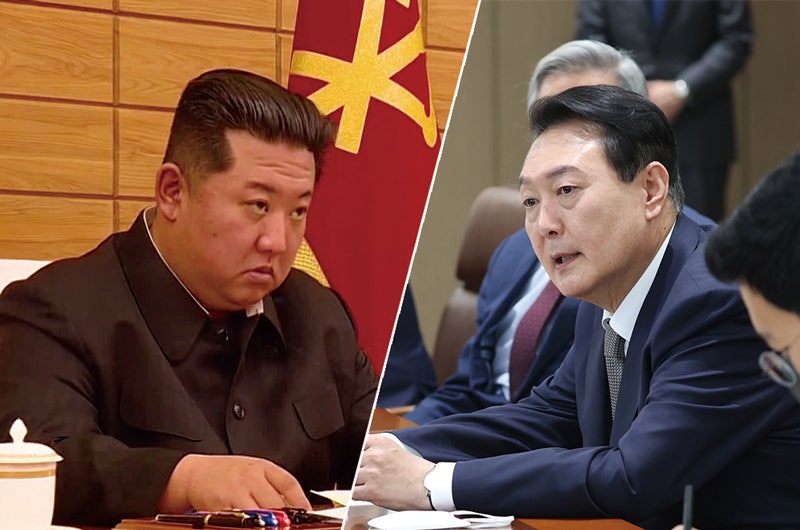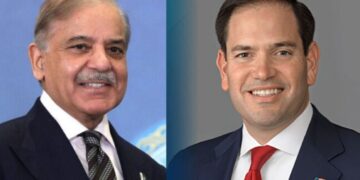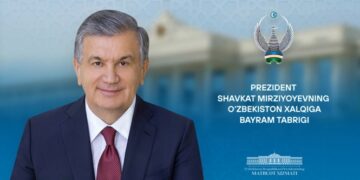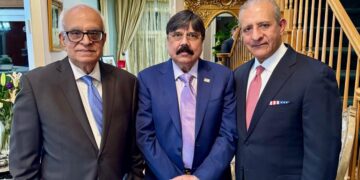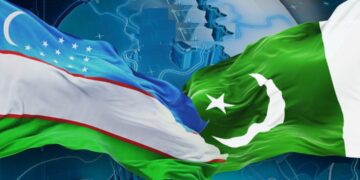By: Chung Eui-sung'(North Korean defector)
North Korea : South Korea’s President Yoon Suk-yeol delivered the “August 15 Unification Doctrine” on the occasion of the 79th anniversary of National Liberation Day. In this “Unification Doctrine”, significant emphasis was placed on improving human rights in North Korea, ensuring the right to survival, and expanding access to information. The plan also highlighted efforts to garner support from the international community, focusing on these areas as key points.
President Yoon’s “August 15 Doctrine” stands in stark contrast to the approach taken by North Korean leader Kim Jong-un, who in December of last year declared South Korea not as a compatriot but as a “hostile state” during the Party’s plenary session, setting forth a South Korea strategy based on military power. Kim Jong-un has abolished North Korea’s previous peace unification process, which for the past 70 years under the three-generation Kim family regime. Furthermore, Kim has explicitly revealed a policy of forceful unification, asserting that, in the event of war, North Korea would completely occupy, pacify, and annex South Korea. He declared that the relationship between the two Koreas is no longer one of kinship but one of hostile “two-state relations” – a “complete state of belligerency” akin to being at war. Kim’s stance, leveraging North Korea’s nuclear capabilities, can be seen as an opportunistic attempt to exploit the emerging new Cold War dynamics in Northeast Asia and destabilize the liberal international order, ultimately aiming to undermine peace and stability on the Korean Peninsula.
One of the most striking aspects of the contrasting policies between the two Koreas is the emphasis on the “right to know” for North Korean citizens. President Yoon highlighted the importance of expanding access to information. This focus on expanding information access seems to be based on analyses of testimonies from many recently defected North Korean diplomats and overseas North Koreans, who have claimed that the “right to know” for North Korean citizens plays a decisive role in undermining the regime’s survival. Yoon’s emphasis on this issue suggests that access to accurate information could help dismantle the regime’s propaganda, fostering a greater awareness among North Korean citizens about the realities of their government and the freedoms enjoyed in other parts of the world.
In response, Kim Jong-un has become increasingly concerned about the possibility that admiration for South Korea among not only North Korean citizens but also its elites could lead to absorption by the South. This fear has driven him to intensify efforts to block the spread of the “Korean Wave” (Hallyu). A notable example is the destruction of the Inter-Korean Liaison Office in June 2020, using anti-regime leaflets sent by defectors as a pretext. Additionally, North Korea has passed several laws with severe punishments, including the death penalty, such as the “Reactionary Ideology and Culture Rejection Act” (December 2020) and the “Pyongyang Cultural Language Protection Act” (January 2023). Kim has shifted toward a more hostile policy towards South Korea, seeking to eradicate the influence of the Korean Wave by fostering animosity towards the South and doubling down on repressive measures.
However, Kim Jong-un’s anti-nationalistic stance can never be accepted by the Korean people, who share a common heritage, culture, and identity spanning 5,000 years, with Korean as their native language. Instead, his hostile policy towards South Korea has become a public enemy, even for North Korean citizens who long for unification. In contrast, President Yoon Suk-yeol’s “August 15 Unification Doctrine” rejects Kim Jong-un’s “Two-State Theory” and is based on the universal values of liberal democracy, making it a groundbreaking solution for peaceful unification on the Korean Peninsula.


